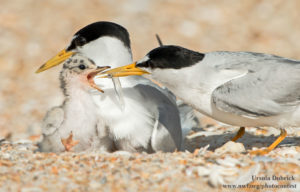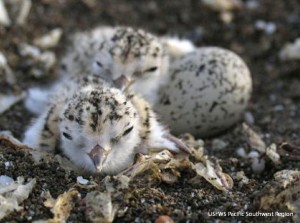We have much more to do and your continued support is needed now more than ever.
Resilience Allies, Tell Us Your Stories!

In a follow up to our well-received Natural Defenses from Hurricanes and Floods report, and with support from Allied World Assurance, the National Wildlife Federation is developing a new national report that will culminate in an exciting national policy roundtable on ecological approaches to natural hazard risk reduction, and we are currently soliciting case studies from climate change adaptation and resilience leaders across the nation.
Would you like to see your work highlighted for a national policy audience and other community leaders around the country? Submit a case study to our team about a project, plan, or policy innovation that reduces risks to human communities while generating ecological co-benefits to fish and wildlife habitat. Selected case studies will be highlighted in our new report and representatives from selected projects will be invited to participate in a 2016 Washington, DC policy roundtable to promote the broad-scale use of these approaches to climate change adaptation and identify policy mechanisms to encourage widespread adoption.
Potential areas of focus for the case studies include, but are not limited to:

- Conservation or restoration of natural systems and ecological processes that offer specific risk reduction benefits.
- Policy innovations that preserve, promote, protect, natural systems for hazard risk reduction while generating habitat benefits.
- Managing fish, plant, or wildlife species in ways that increase ecological and community resilience.
- Living shorelines projects that incorporate ecological processes and use site-appropriate biological materials.
- The use of hybrid gray-green infrastructure for stormwater management and flood risk reduction.
- Local zoning and land use policy that intentionally incorporates natural buffers to flood or erosion hazards or intentionally moves people out of harm’s way.
Help NWF advance the case for nature-based solutions nationally by sharing your story now. The deadline for submissions is December 31, 2015.
To highlight your work, please send a brief (500 word limit) summary to Nicole Holstein at the National Wildlife Federation.
Detailed inquiries may be directed to Karl Schrass or Stacy Small-Lorenz.





















